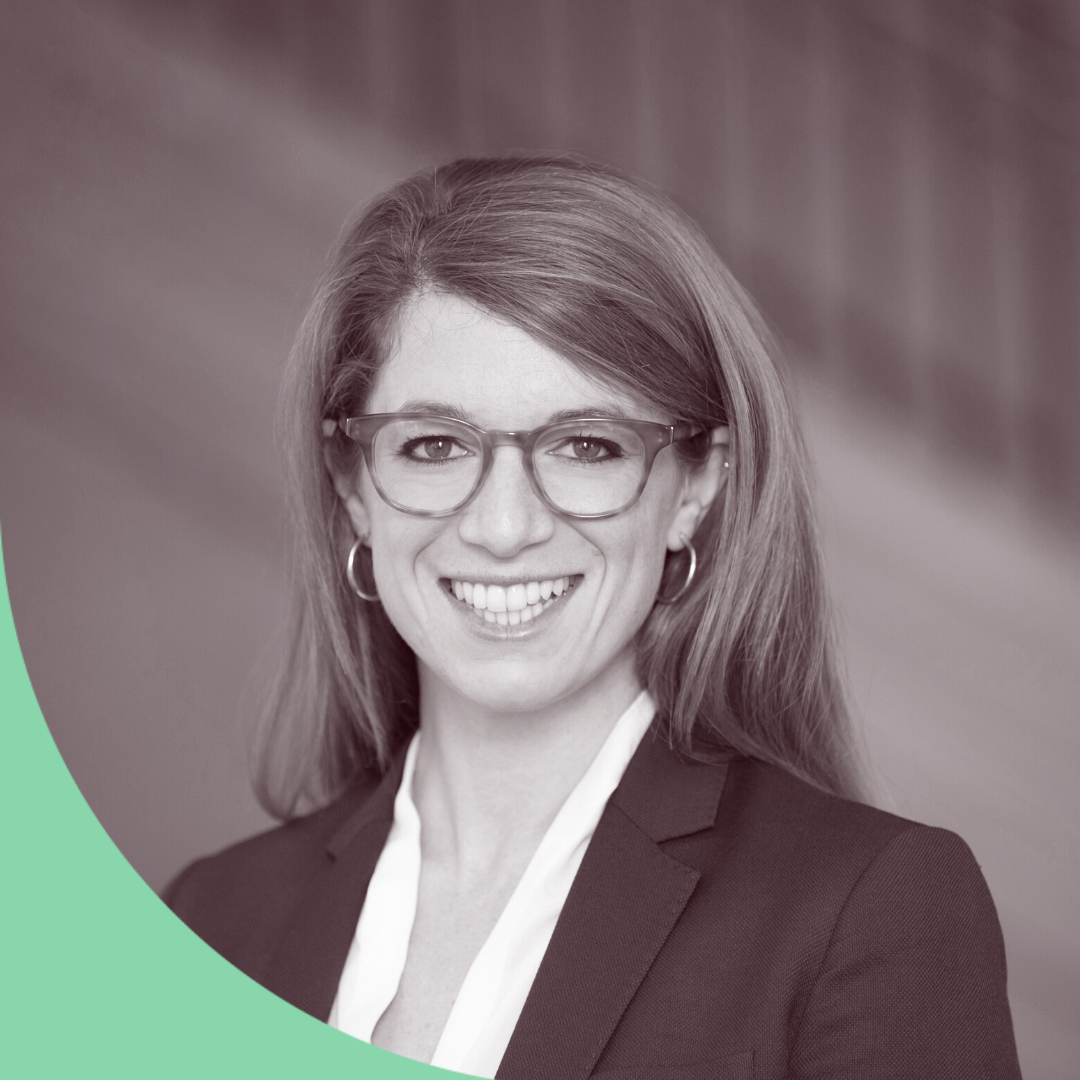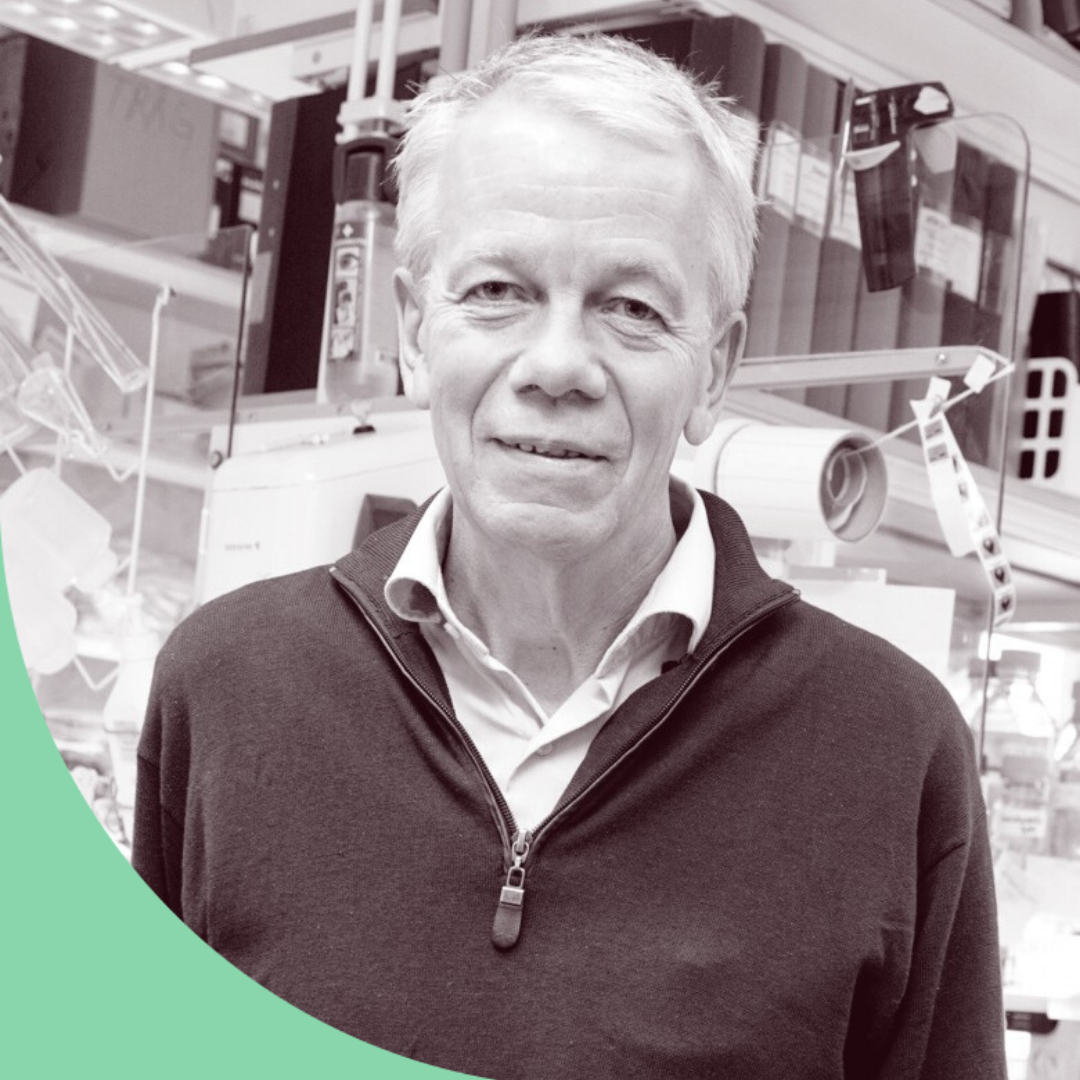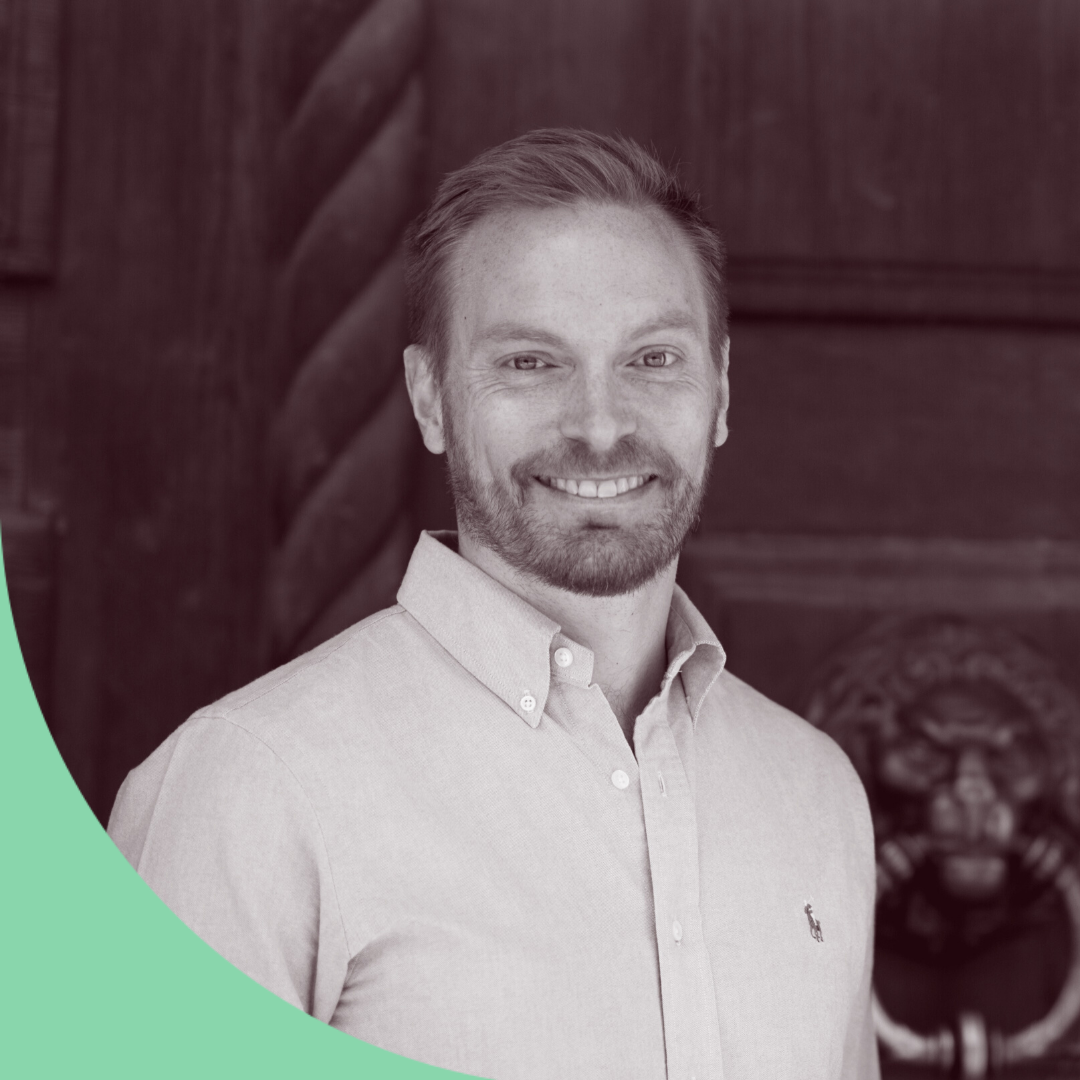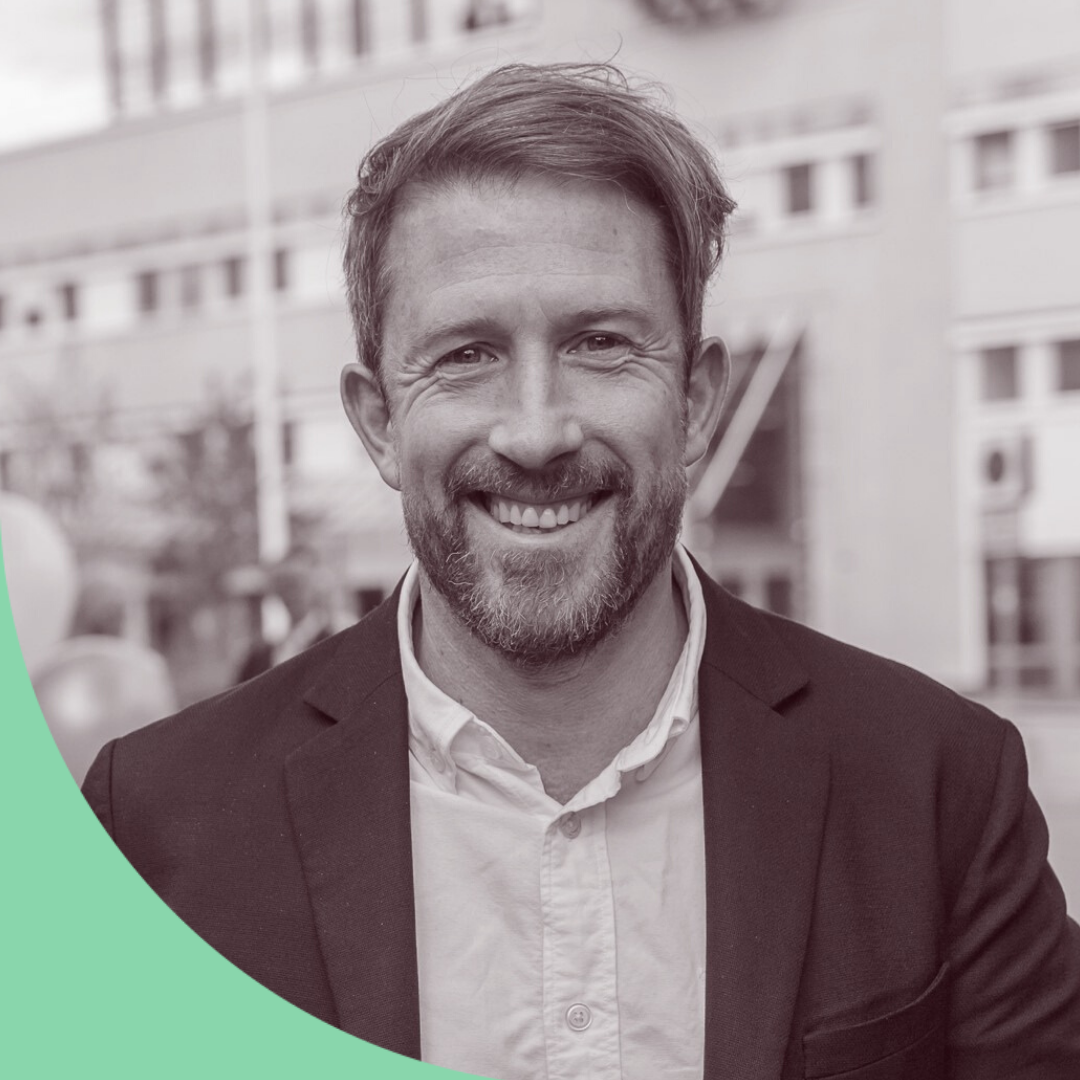Module 1: Smart Global Knowledge Networks

Date: 2 October 2020
Time: 09:15 to 11:15 CEST
Register here: https://ssehoi.com/registration
While the assumption is that accumulating data will automatically lead to innovation, several challenges are observable in healthcare: Only fragments of the data that we would like to have is recorded/digitized, recorded data is not possible to reuse beyond the initial data collection, and, most importantly, data that is collected and usable is not used, because it is not attractive. Information and knowledge make a difference, and when data is or becomes unavailable, unusable, and unused, it becomes obsolete.
On the other hand, there are examples of initiatives that actually work. Initiatives driven by partnering actors whose roles are increasingly blurring: patient networks, tech-firms, governments, academia, industry and clinical practice show promising results in areas.
How are they dealing with the challenges now and in the future? How do we ensure that the massive amounts of data help to accelerate innovation and to improve health systems and societies at large? How to build global interconnectedness with voluntary participation that allows us to collectively address and solve threats or problems while improving living conditions in different societies?
This module was moderated by SSE Assistant Professors Anna Essén and Kathrin Reinsberger
Watch the recording
Speakers

Ariel Stern
Associate Professor of Business Administration
Harvard Business School
"The drivers of innovation among firms and the determinants of how medical technologies are adopted and used in practice. Policy and managerial questions raised by the growth of digital health."

Paul Gardien
Head of Design Strategy and Innovation
Philips
"Data-driven, human-centric and impactful innovations in health."

Suzanne Brewerton
IT lead for Oncology, Precision Medicine and Genomics
AstraZeneca
"CRISPR technology for genome editing for drug discovery and development. Open innovation, collaborations, challenges, and data privacy."

Maja Fjæstad
State Secretary for Health and Social Affairs
Swedish Government
"AI-driven healthcare systems - ethics, laws, data, and humans."

Lars Klareskog
Professor
Karolinska Institutet
"Use of Swedish registers and biobanks to develop precision medicine accessible for patients."

Erik Wetter
Assistant Professor
Stockholm School of Economics
"Knowledge networks in the European Union."

Andreas Hager
CEO
Genia, Upstream Dream
"Co-production of improved clinical practice and better care at home for persons living with long-term illness by patients, families and professionals."
Moderators

Kathrin Reinsberger
Assistant Professor
Stockholm School of Economics

Anna Essén
Assistant Professor
Stockholm School of Economics

This conference is organized in collaboration with the Wallenberg Foundations and Digital@Idag, a nation-wide initiative with more than 300 actors and 111 locations and events highlighting digital innovation on 2 October. The conference is also part of the outreach program of the Jacob and Marcus Wallenberg Center for Innovative and Sustainable Business Development, and the Scania Center of Innovation and Operational Excellence, at the SSE House of Innovation. The SSE House of Innovation is co-funded by the Erling Persson Foundation.